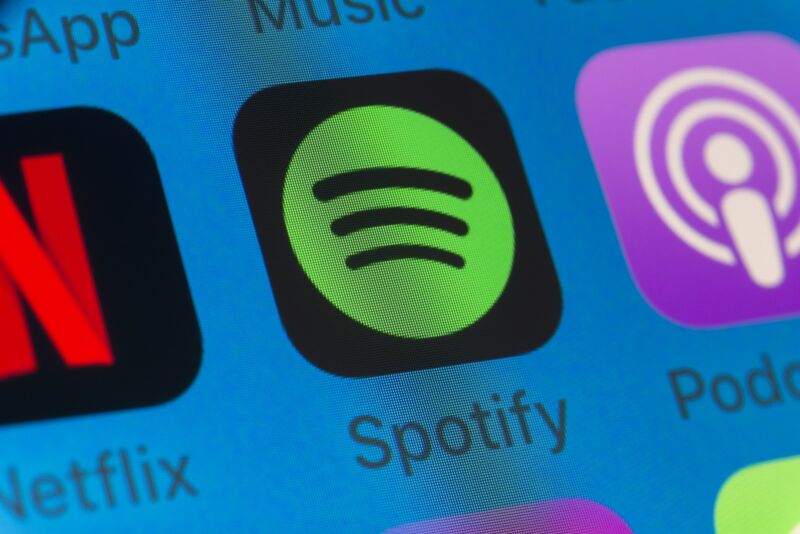
Spotify will axe almost a fifth of its workforce after warning that economic growth had slowed dramatically and it needed to cut costs as the music streaming giant seeks to turn subscriber growth into consistent profitability.
In a memo to staff on Monday, chief executive Daniel Ek said Spotify would cut about 17 percent of its global workforce, about 1,500 people. Spotify employs more than 9,000 people worldwide.
“I recognize this will impact a number of individuals who have made valuable contributions,” Ek said. “To be blunt, many smart, talented, and hard-working people will be departing us.”
Spotify has so far defied the slowdown in subscribers that has hit video streaming groups such as Netflix, but has struggled to make a consistent profit in recent years.
The announcement comes just over a month after Spotify’s efforts to curb costs showed some signs of paying off. In October, the New York-listed company pointed to cost cuts and price rises for helping it report its first quarterly profit for more than a year.
Ek acknowledged that the size of the job cuts would be a surprise given the recent recovery in earnings. He said the group had debated making smaller cuts next year and in 2025, but opted for a bigger restructuring now. Staff at risk of losing their jobs will be told on Monday morning.
“Considering the gap between our financial goal state and our current operational costs, I decided that a substantial action to rightsize our costs was the best option to accomplish our objectives,” Ek said.
Spotify’s financial results had benefited from an earlier round of cost cutting after unwinding an expensive bet on podcasts and audiobooks, which included axing about 600 jobs at the start of 2023 and a encourage 200 in the summer.
However on Monday, Ek said Spotify was facing new realities, including a higher cost of capital, and that the group needed to become more efficient.
In Spotify’s early days “our ingenuity and creativity were what set us apart,” said Ek. “As we’ve grown, we’ve moved too far away from this core principle of resourcefulness.”
Over the past year, it has canceled a number of its original podcast shows, including several true crime series. The group spent heavily on exclusive podcasts from celebrities such as Michelle and Barack Obama, with a deal between the Duke and Duchess of Sussex reported to have cost $25 million for just 12 episodes.
Activist investor ValueAct in February acquired a stake in Spotify and raised concerns that its expenses had “exploded.”
Ek admitted that the company had taken advantage of the opportunity presented by lower-cost capital to significantly invest in its teams, content, marketing, and new business areas.
He said these investments “generally worked, contributing to Spotify’s increased output and the platform’s robust growth” but admitted that its cost structure had become too big as a result.
“By most metrics, we were more productive but less efficient,” he said. “We need to be both… In two words, we have to become relentlessly resourceful.”
Ek set out a strategize to return Spotify to the start-up mentality of its early days, when limited resources were used efficiently and resourcefully to grind out “hard-won” success.
© 2023 The Financial Times Ltd. All rights reserved. Not to be redistributed, copied, or modified in any way.

